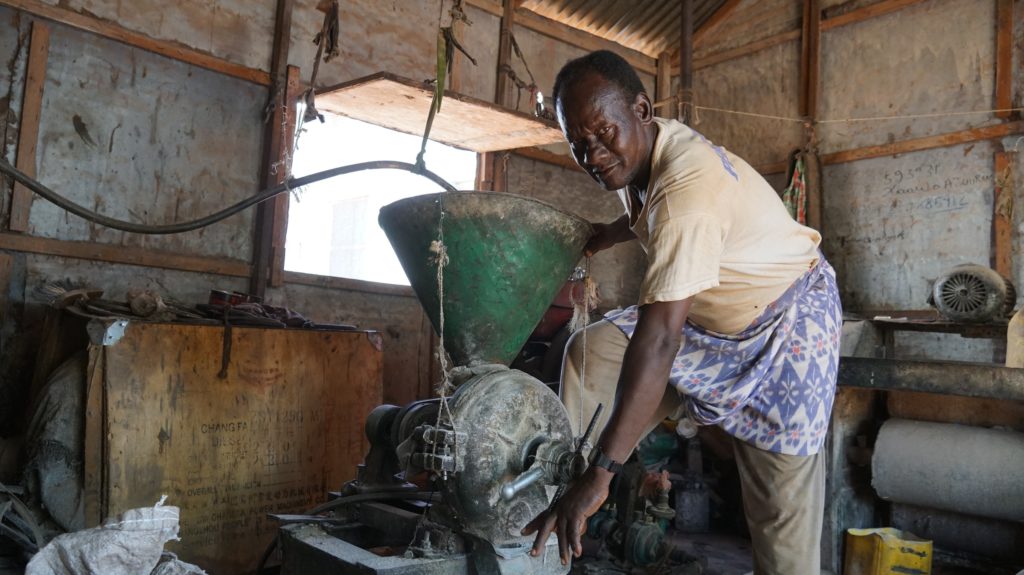Somalia as a country is located in the Horn of Africa. The country, due to civil unrest has maintained a healthy but informal economy, this includes not having a formal government, and therefore there are no regulatory bodies for companies or a company structure.
The economy of Somalia is based mainly on livestock, remittance/money transfer from companies, and telecommunications. Unlike the pre-civil war era, here most services and the industrial sector were run by the state. The war economy and private sector have brought about unmeasured private investment. This has been financed largely by the Somali diaspora.
Two important sectors during the civil war emerged, namely telecommunication and remittance. The remittance or hawala sector is a system for handling the transfer of revenue that came from the Somali diaspora irrespective of where they are in the world. Telecommunication on the other hand in Somalia became one of the most sophisticated in the continent, with three independent providers covering the entire country.

The War Economy
Somalia has been functioning without a state, this gradually descended to anarchy and chaos. Many non-state actors pried for power to gain control over the country. This was crucial to Somalia’s economy as there was destruction and looting of properties by warlords everywhere. The warlords also developed their own set of rules to serve their interests. The main Somali sectors included livestock, charcoal, banana, and the maritime industry. The warlords led the businesses through
- The dispossession of lands
- The charcoal sector and illegal taxation
- The banana sector and the protection money
- The Qat trade: a way to control the population
- The arms trade
The Private Economy: a service-based economy
There had been a gradual shift from the war economy that dominated the 1990s to a quasi-legitimate trade, this includes import/export, telecommunication, transports, and others. This started at the dawn of the 2000s. the service sector in Somalia is probably more developed than some countries, not viewing Somalia as one of Africa’s poorest countries.
With the absence of any government, the Somali private sector has indeed been very inventive in regulating and stabilizing its transactions.
The following are the particularly important sectors in Somalia’s economy: the aviation sector, the telecommunication sector, and the remittances.
Somali Today
Somalia expatriates have started returning to the country, this is because of the improvement in local security. There is a modest foreign investment that is helping the Somali shilling increase in value.
The Central Bank of Somalia has fully assumed its monetary policy responsibilities. This will help the money transfer companies to receive licenses as full-fledged commercial banks.
A Somali diplomat also founded the Somalia Stock Exchange (SSE) in 2012. This was formed to attract investment from both Somali-owned firms and global companies, this will help accelerate post-conflict reconstruction in Somalia.
Conclusion
Somalia as a country has not been able to recover as a state in the absence of a defined government. There is no company structure, only investments that are striving well and there is hope that the country’s economy will accelerate.







